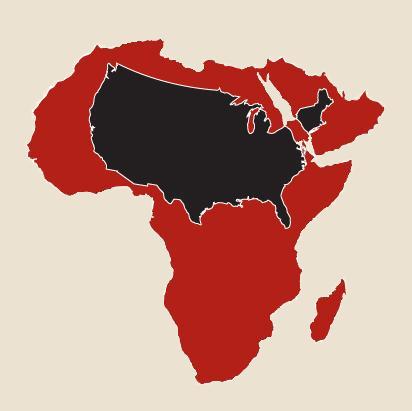For three days, wearing a kaleidoscope of camouflage patterns, they huddled together on a military base in Florida. They came from U.S. Special Operations Command (SOCOM) and U.S. Army Special Operations Command, from France and Norway, from Denmark, Germany, and Canada: 13 nations in all. They came to plan a years-long “Special Operations-centric” military campaign supported by conventional forces, a multinational undertaking that — if carried out — might cost hundreds of millions, maybe billions, of dollars and who knows how many lives.
Ask the men involved and they’ll talk about being mindful of “sensitivities” and “cultural differences,” about the importance of “collaboration and coordination,” about the value of a variety of viewpoints, about “perspectives” and “partnerships.” Nonetheless, behind closed doors and unbeknownst to most of the people in their own countries, let alone the countries fixed in their sights, a coterie of Western special ops planners were sketching out a possible multinational military future for a troubled region of Africa.
From January 13th to 15th, representatives from the U.S. and 12 partner nations gathered at MacDill Air Force Base in Tampa for an exercise dubbed Silent Quest 15-1. The fictional scenario on which they were to play out their war game had a ripped-from-the-headlines quality to it. It was an amalgam of two perfectly real and ongoing foreign policy and counterterrorism disasters of the post-9/11 era: the growth of Boko Haram in Nigeria and the emergence of the Islamic State, also known as the Islamic State of Iraq and the Levant or ISIL. The war game centered on the imagined rise of a group dubbed the “Islamic State of Africa” and the spread of its proto-caliphate over parts of Nigeria, Niger, andCameroon — countries terrorized by the real Boko Haram, which did recently pledge its allegiance to the Islamic State.

